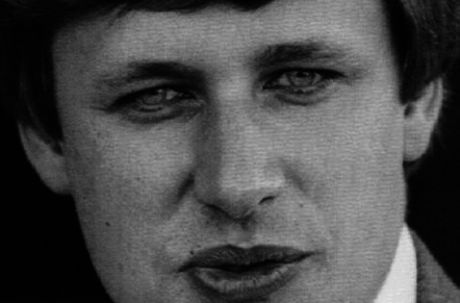News
You are here
Reform Party racism and the rise of Stephen Harper

February 3, 2013
The Idle No More movement has shone a spotlight on the real history of Canadian colonialism. Harper’s denial of that history is all the more damning, since his party’s political prominence was initiated and solidified through asserting white Canadian colonial identity.
Harper’s origins lie in consolidating conservative forces further to the right, by expanding economic conservatism to a backlash against all of Canada’s oppressed communities. The Reform Party, where Harper cut his teeth, aimed its ire at First Nations, the Québécois and immigrants – and all at once. First, they took aim at “hyphenated Canadianism,” meaning that immigrants should not expect to retain any dual identity. Then there was a concerted attempt to pit Quebec and First Nations against each other to allow Reform Party and Tory bigots to come up the middle.
But pitting indigenous peoples against Quebeckers was employed long before the Reform Party began spreading its vitriol. Here is a list of significant events:
‘Distinct society’
During the Meech Lake constitutional debate in 1987, the proposal for the most minimal recognition of Quebec as a distinct society in the Canadian constitution was defeated. The right-wing argument used the pretext of defending indigenous rights.
During the debate around the Charlottetown Accord in 1992, the fact that the Meech Lake debate was not really about First Nations was revealed when the right wing argument explicitly argued against recognizing Quebec as a distinct society, even though the accord afforded minimal recognition for indigenous rights.
Oka
During the events of Oka in 1990, the conflict was depicted by right-wingers as a conflict between “racist” Québécois and Mohawk, when in fact it was the Canadian army that was called against the blockade. Although there was some racist response (as there was in Caledonia in Ontario in a similar standoff years later), there were also daily Montreal protests and weekly support buses from Montreal to Oka, and the majority of Mohawk leaders charged were acquitted by a Québécois jury on grounds that Canadian law did not apply to indigenous peoples.
During the Gustafsen Lake events in British Columbia in 1995, the largest paramilitary mobilization in Canadian history nearly resulted in a bloodbath against the Gitxsan. At Stoney Point, Ipperwash Provincial Park in 1995, Dudley George was murdered by Ontario Provincial Police.
These events illustrate that the problem is not Quebeckers and their national liberation struggle, but the state.
Divide-and-conquer
It was in this crucible of divide-and-conquer that Harper and his entourage became a political force, and we’re still paying for it. The depiction of the Québécois as more racist against First Nations than the rest of the population of English Canada bolstered those who only want to want to divide and conquer, and who only care about the 1%.
In fact, the national liberation aspirations of Quebeckers and indigenous peoples are complementary. This is important for Idle No More because, despite attempts to isolate the First Nations cause, there is a huge amount of sympathy in both English Canada and Quebec. Resisting any future attempts to counterpose demands for self-determination for the Québécois and for First Nations will prevent those who are really guilty of Canadian colonialism from scapegoating those who are not to blame.
Section:









